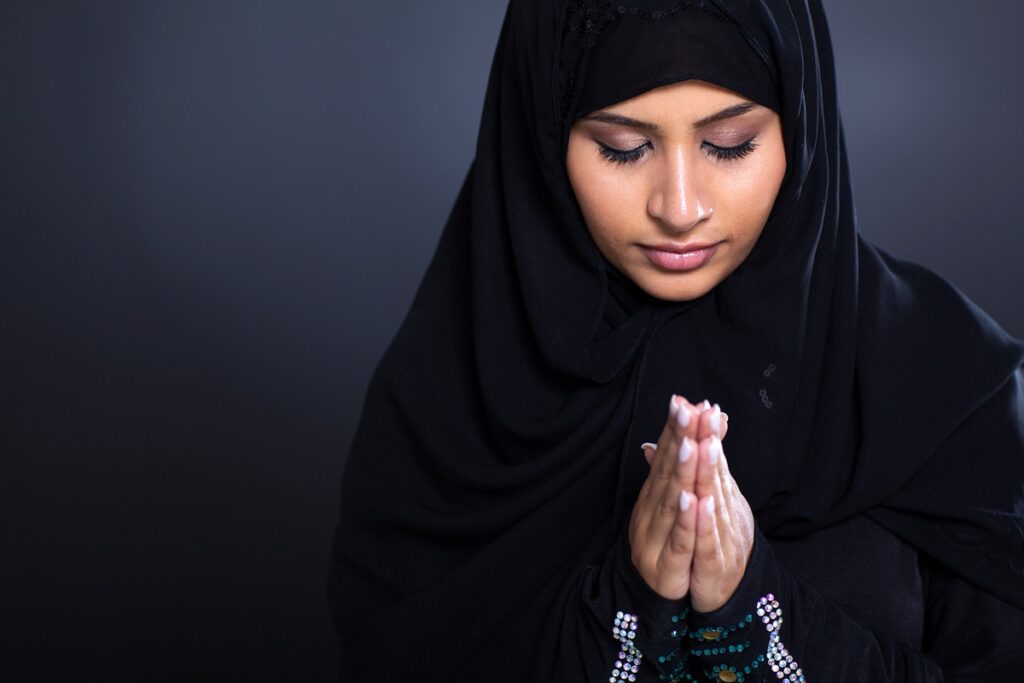Attending a Muslim funeral requires adhering to specific customs and traditions, including dressing modestly and respectfully. Here’s a guide on what to wear to ensure you show proper respect to the deceased, the family, and the religious customs.
General Dress Code for Muslim Funerals
Modesty is the key principle when choosing your attire for a Muslim funeral. Men and women should dress conservatively, covering most parts of their body, and avoid flashy or overly casual clothing. While there isn’t an official uniform, there are certain expectations:
- Colors: Dark, muted colors such as black, gray, navy blue, or brown are typically appropriate. In some cultures, white is also acceptable, as it symbolizes purity in Islam.
- Avoid bright or bold colors that could be seen as disrespectful in the context of mourning.
What Women Should Wear to a Muslim Funeral:
Women attending a Muslim funeral are expected to cover their bodies and dress in a modest manner. This is important to respect Islamic values of modesty.
- Clothing: Long-sleeved tops or blouses, long skirts, or loose-fitting trousers that cover the legs are ideal. Dresses should also be long, with high necklines. See dark long-sleeve pant suits on Amazon.
- Headscarf: Women are usually expected to cover their hair with a headscarf (called a hijab or shayla). It doesn’t have to be ornate—plain, dark scarves work well. For non-Muslim women, bringing a simple scarf to cover your head is a respectful gesture. Don’t worry if you are unfamiliar with wearing one—a loosely tied scarf draped over your head is appropriate.
- Shoes: Modest and comfortable shoes, like flats or low heels, are appropriate. Be mindful that you may be asked to remove your shoes before entering certain religious spaces.
What Men Should Wear to a Muslim Funeral:
Men’s clothing should also reflect modesty, with a focus on covering the body respectfully.
- Clothing: A long-sleeved shirt with trousers is most appropriate. A suit is fine, but it should be simple and without elaborate accessories. Wearing short sleeves, shorts, or overly casual clothing like jeans is generally discouraged.
- Head Covering: Some Muslim men wear a skullcap known as a taqiyah or kufi at a funeral, though this is not required for non-Muslim attendees. However, wearing it would be seen as a respectful gesture if done correctly.
- Shoes: Like women, men should opt for formal or semi-formal shoes and be prepared to remove them before entering certain religious areas, especially the mosque.
What Children Should Wear to a Muslim Funeral:
If children are attending, they should also be dressed modestly. Girls should wear outfits that cover their arms and legs, and boys should wear long-sleeved shirts and trousers. The goal is to show respect for the solemnity of the occasion.
Cultural Sensitivity for Non-Muslims
Muslim funerals welcome non-Muslim attendees, but it’s important to be mindful of the cultural customs. Non-Muslim guests are expected to observe the same respectful dress code and etiquette, especially during prayers and rituals. While non-Muslims are not required to participate in the prayers (Salat al-Janazah), standing respectfully during this time is recommended. See also: What to expect at a Muslim funeral.
Cultural Variations
In certain Muslim-majority regions or communities, specific cultural practices may influence funeral attire. For instance, in South Asian cultures, white is the traditional color for mourning, while in other regions, darker tones are preferred. In some places, men may be expected to wear traditional attire like a shalwar kameez (South Asia) or a dishdasha (Middle East). If you are unsure about what’s appropriate, it’s always a good idea to ask a family member for guidance beforehand.
Footwear Etiquette
At many Muslim funerals, especially if held at a mosque or during the burial, attendees may be required to remove their shoes before entering. It’s a good idea to wear slip-on shoes or easily removable footwear to accommodate this practice. Ensure your socks are clean and presentable since they may be visible once your shoes are removed.
Additional Etiquette Considerations
- Avoid Excessive Accessories: Flashy jewelry, large accessories, or bold makeup should be avoided. Modesty in appearance is crucial at Muslim funerals.
- Cover Tattoos or Piercings (if possible): While this isn’t always mandatory, covering visible tattoos or piercings, particularly those that may be deemed inappropriate, can be a sign of respect.
- Fragrance: It is acceptable to wear light perfume, but strong or overpowering scents should be avoided, especially since some ceremonies involve close gatherings for prayers.
Gender Separation
In many Muslim funerals, men and women may sit separately during the service or prayer rituals. Non-Muslims attending should be mindful of this and sit where appropriate, usually as directed by family members or mosque officials. This separation often extends to the burial, where men may participate more directly in the burial rites while women stand back and observe.
Seating Arrangements and Proximity to the Family
The family of the deceased often sits in designated areas during the funeral service, and attendees should avoid sitting too close unless invited. When arriving, it’s respectful to follow the lead of others and sit where you are directed by family or funeral officials.
Funeral Procession and Burial
Some Muslim funerals may include a procession to the burial site. In such cases, modest outdoor clothing and appropriate footwear are important. If attending the burial, be mindful of potential gender separation at the site and follow any instructions about where to stand or how to participate.
Respecting Funeral Customs
In addition to proper attire, understanding and respecting the customs of the funeral is essential. Muslim funerals may involve prayers, the recitation of the Quran, and sometimes a burial soon after the death. Dressing appropriately is one way to show solidarity with the family and respect for their traditions. Non-Muslims should remain respectful during the recitation of prayers, standing silently and observing the traditions without necessarily participating.

